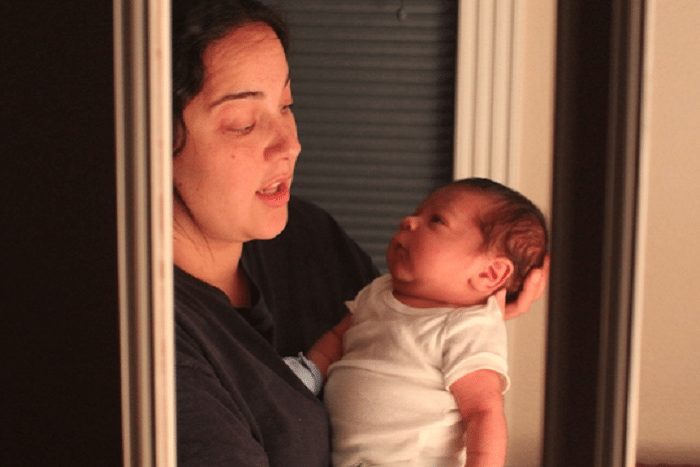‘Marlise’s Law’ Would Give Pregnant Texans Advance Directive Rights
A Texas lawmaker has proposed a bill that would give pregnant Texans and their families the same end-of-life decision-making rights as non-pregnant people, striking a line from a health and safety statute that requires pregnant people be kept on mechanical support against their advance directives.

A Texas lawmaker has proposed a bill that would give pregnant Texans and their families the same end-of-life decision-making rights as non-pregnant people, striking a line from a health and safety statute that requires pregnant people be kept on mechanical support against their advance directives.
The family of Marlise Munoz, the pregnant North Texas woman who was kept on mechanical support at the state’s insistence for two months after she was declared brain dead in 2013, supported the bill, saying it would give Texas families the privacy and dignity they deserve, and keep politicians out of medical decisions best left to doctors and families.
“It gives [families] the ability to come together with consultation from doctors of medicine, and sit down as a family and decide how to proceed,” said Erick Munoz, Marlise’s husband and father of their son, Mateo, at an often emotional press conference Thursday morning.
Marlise Munoz collapsed in her home in November 2013 when she was 14 weeks pregnant. Two days later, doctors declared her brain dead. But John Peter Smith Hospital said it could not, by law, remove her from mechanical support because of her pregnancy.
Texas law does not allow medical professionals to “withdraw or withhold life-sustaining treatment … from a pregnant patient,” even if it goes against their previously stated instructions.
Marlise’s family said Munoz, a paramedic who was familiar with the medical and ethical issues related to life support, had been clear that she never wanted to be kept alive by machine. While Munoz was hospitalized, anti-choice Texas politicians and lobby groups spoke out against the Munoz family’s desire to honor Marlise’s wishes. Her family eventually obtained a court order allowing Munoz to be taken off a ventilator.
“We did what was best for Marlise,” said her father, Ernie Machado. “We continue to do what we think is best for Marlise now that she has passed away, so that other families don’t have to go through what we did.”
Machado said that his daughter “was human, she wasn’t an experiment.” He described Munoz as a woman who “loved her work” and “loved her friends,” and as a mother who “was very concerned with the nucleus of her family and the strength and bonds of having a family.”
Erick Munoz said that because both he and his wife worked as paramedics, they uniquely understood the stresses of each others’ jobs and could talk to each other about anything. Part of that included talking honestly about their end-of-life wishes.
Munoz’s mother, Lynne Machado, told reporters that her daughter’s death was “one of the most difficult moments of [their] lives,” made “more difficult because politics were involved.”
Already, anti-choice Republican Rep. Matt Krause, who represents Fort Worth, has filed a bill, HB 1901, that would strengthen the existing law by appointing attorneys for the fetuses of brain-dead pregnant people, forcing mourning families to go to court to allow their loved ones’ wishes to be observed.
Lynne Machado emphasized that “Marlise’s Law” is not “a response to any single politician or their efforts,” but did say that “some politicians are continuing to use our personal tragedy to publicize themselves.”
More than 30 states have similar laws to Texas‘, denying people the right to have their advance directives observed if they are pregnant. Rep. Krause’s bill has been referred to Texas’ House State Affairs committee; “Marlise’s Law” has yet to be assigned to committee.
